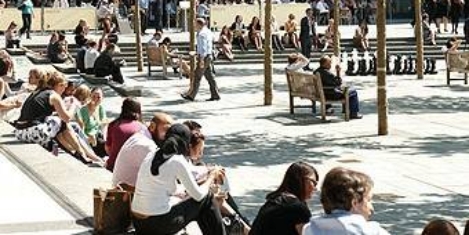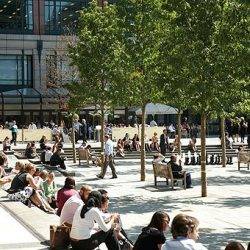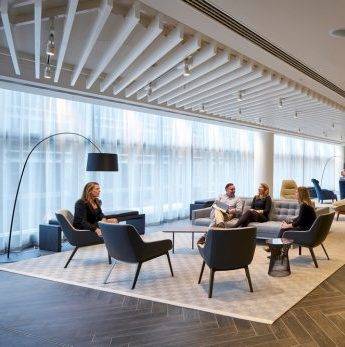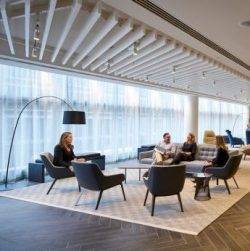July 11, 2018
Katrina Kostic Samen confirmed as President of the British Council for Offices
 The British Council for Offices (BCO) today welcomes Katrina Kostic Samen as its new President. Katrina Kostic Samen, Founder and Managing Partner at KKS Strategy, formally takes over the position from Ken Shuttleworth, Founding Partner of Make Architects, at the BCO’s Annual General Meeting in London today, Wednesday 11th July. As Chair of the BCO Annual Conference held earlier this year in Berlin, Katrina set out the vision for her Presidential year, challenging delegates to look at the workplace from multiple occupier perspectives, and to ensure that they are designing and delivering offices which are inclusive and provide for a diverse workforce.
The British Council for Offices (BCO) today welcomes Katrina Kostic Samen as its new President. Katrina Kostic Samen, Founder and Managing Partner at KKS Strategy, formally takes over the position from Ken Shuttleworth, Founding Partner of Make Architects, at the BCO’s Annual General Meeting in London today, Wednesday 11th July. As Chair of the BCO Annual Conference held earlier this year in Berlin, Katrina set out the vision for her Presidential year, challenging delegates to look at the workplace from multiple occupier perspectives, and to ensure that they are designing and delivering offices which are inclusive and provide for a diverse workforce.























 A major research study “
A major research study “









July 5, 2018
The top five songs about office life and office furniture
by Mark Eltringham • Comment, Furniture, Workplace design